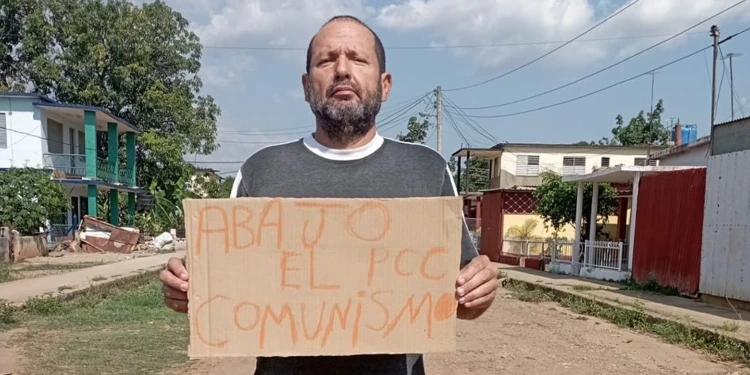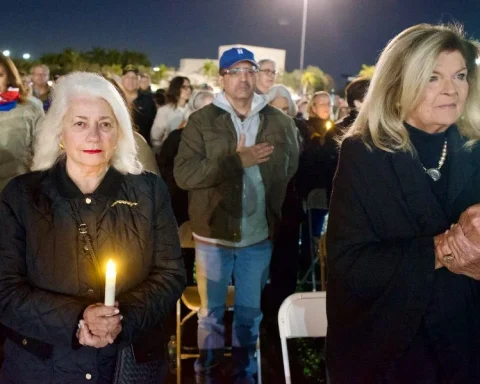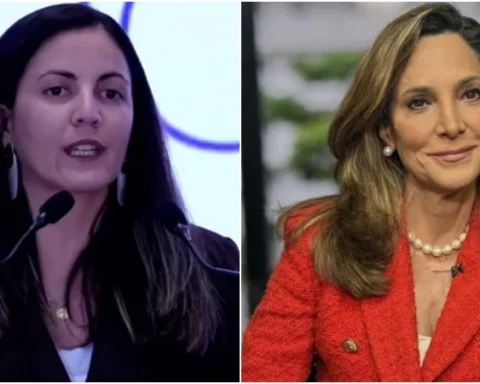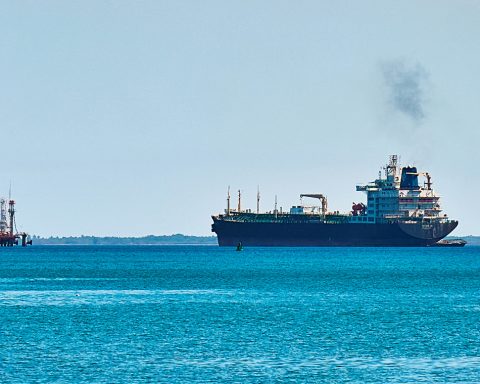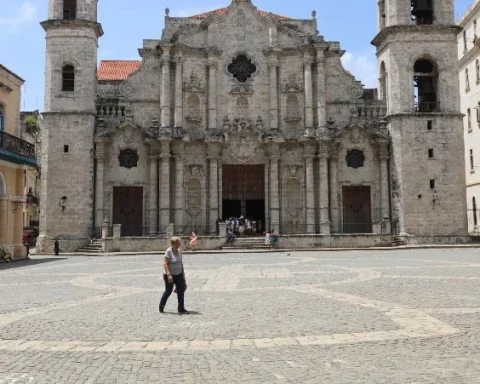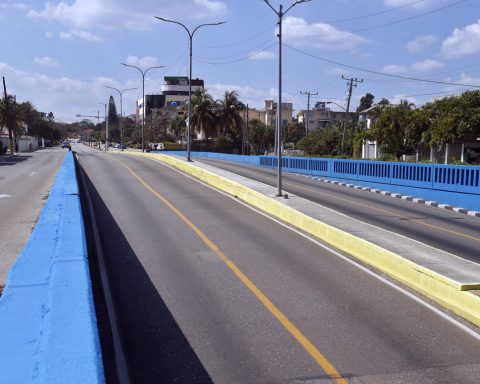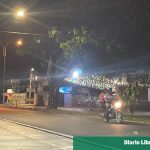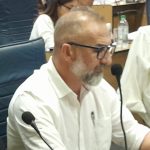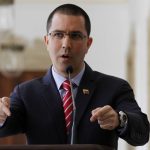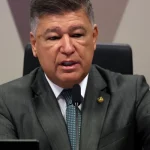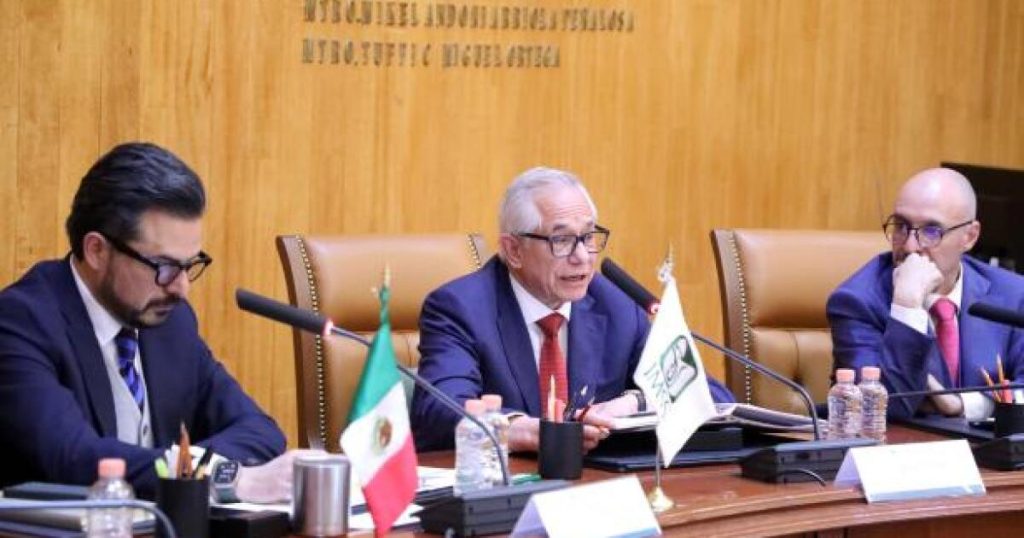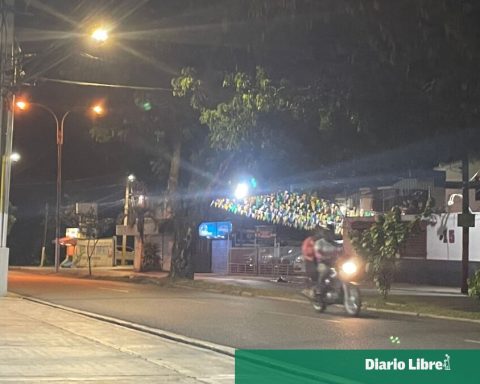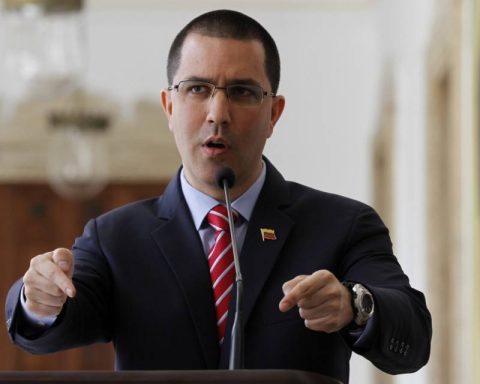SAN LUIS POTOSÍ, Mexico.- When State Security agents began to harass him in 1987, Bernardo Arevalo He did not give in, nor does he falter now, in his Aguada de Pasajeros, where he became the first independent journalist in that Cienfuegos municipality.
Years of political prison and reporting for Radio Marti They have marked his life, which has passed between Castro’s repression and journalism.
About his life and his beginnings at Radio Martí, Arévalo spoke with CubaNet.
―How did you get started in independent journalism?
―In 1987, I was working as a worker, and State Security approaches me to recruit me. They wanted to recruit me first for police patrol school but I had not passed mandatory military service, I did not undergo it due to asthmatic bronchitis.
My grandfather made arrangements to prevent the service from happening. I had influence in the military committee, so they told me, “look, start with us.” But I didn’t want to. In January 1987 they pressured me and told me, “if you don’t accept this you have to leave work.”
At that time I was a bartender, I earned good money, they pressured me, they blackmailed me, I didn’t want to. So I accepted and was collaborating with State Security from January 1987 to May 13, 1990, when I broke with them definitively, because what I did was not from the heart. I didn’t feel like a communist and then I felt bad.
They ordered me that if a Mason approached to capture me, I should say yes. Then I entered the Masonic lodge and there I informed State Security. The pseudonym they had given me that year was Frank. I always told them that politics was not talked about there, but there were many former political prisoners who were Masons. They also told me to get closer to the Catholic church. I entered the Catholic Church in 1987.
There was no talk of politics there either, I assured them. The officer who captured me and who directed me, Félix Silva Castellán, deserted and went to the United States and is in Tampa. In 1990 I presented my resignation and told them: “I don’t want to know anything about this, you already know that I am not a communist at heart.”
They made my life “like yogurt”. That is why people currently parade, for fear that their lives will be made “yogurt.” Then I left my town and arrived in Vertientes. And although they watched me, the repression was less. I was there from 1990 to 1992 and I returned here, to Aguada de Pasajeros. Here I met my current wife in the Catholic church, she is the daughter of a political prisoner.
Then, officer Gerardo Luis Leonardo Pérez, colonel, began to harass me. And I had no choice but to start calling Radio Martí.
―Are you arrested on those dates?
―Although I told Gerardo that I was calm, he responded: “Yes, you are calm, but you betrayed us in ’90. And you talked about everything about us.”
I told him that I was not involved in anything but he: “You are not involved in anything but I feel like suffocating you because I have no work content.” It was then that in 1992, after I married my wife on November 29, he put me in prison on December 27 of that year. He accused me that I had stolen a gallon of oil from the railroad, something that was a lie. He kept me prisoner for 24 hours.
In the end he told me, “I know it wasn’t you, I’m going to let you go, but I’m going to make your life impossible.” So, that’s when it started to make my life impossible. In 1995, I was working on the railway, the State Securitypicked me up and took me prisoner to Cienfuegos. They kept me there for 7 or 8 days. They put me in a walled-up cell, full of mosquitoes, they told me they were going to put me away for 30 years.
At the end of the 7 days, they draw up warning reports. It was all because my father-in-law, a political prisoner, had applied to the politically persecuted program and had put me on the form for the interests section. When they read that form, because they intercepted the correspondence, they put me in prison. They accused me that I would go to my father-in-law and they played a recording of me on Radio Martí.
―How did your relationship develop later with Radio Marti?
―After they released me, the agent of State Security suffocated me again until I told him one day that I was tired. I was going to have lunch at my wife’s house and he intercepted me with another officer, René Orlando Sánchez González, who had beaten me to the ground. He introduced me to René, “he comes here to take care of you,” he said. And when I claimed that I was calm, he said, “look, we know that you are calm.” He told me that several times.
And I told him, “look, I’m going to call Olance Nogueras Rofes, an independent journalist.” The agent responded to me: “You are not Olance, you are an asshole.” He journalist He had left in those days or was on the eve of leaving. Then I looked for a phone and dialed the numbers that Olance had left me, in case I had an emergency one day I could call him or him. Radio Marti.
When the operator came out, in a collect call, she said: “Mr. Bernardo Arévalo from Cuba, a call for you to pay.” Álvaro D. Insua came on the phone, and although he said he didn’t know me, he answered me. And that was my debut in Radio Martiwith Álvaro D. Insua, may he rest in peace. I explained to him what had happened to me. I explained my resume and did several reports.
When I went out Radio Marti State Security immediately came looking for me. With the agent were three Cienfuegos officers, one of them, a certain Freddy who was a Counterintelligence psychologist and two more who he did not know. They introduced themselves and told me that they were from the State Security office.
The agent had changed 180 degrees, he told me that he was not going to mess with me anymore. He was afraid. I kept calling Radio Marti and so it was every day. They called me Ninoska Pérez Castellón, Cary Roque. I was the first independent journalist for Aguada de Pasajeros.
―That year your political prison begins…
―Already in 1997 they arrested me several times and released me. But I didn’t feel afraid. The cowed Arévalo was over. You feel afraid at first but the fear disappears.
In 1997, a case was opened against me for contempt against Fidel Castro and Carlos Lage Dávila and for some complaints that I had made about the La Esperanza farm, a site for self-consumption of livestock for the Central Committee of the Party.
That’s why they gave me five years but they also blamed me for a complaint that I didn’t make against the leader of the combatants and they added six months to my sentence. Now State Security recognizes that that six-month sentence was a mistake. Officer William told me this recently, on April 18 of this year. He told me “we recognize that it was a mistake that was made with you, you did not do that.”
When I entered the prison, on November 18, 1997, after 10 days they took me to the trial court. Those first days they had me in a criminal security cell, where they put people who enter, who have problems but I had no problem with anyone. After my trial, a few days later they sent me to detachment number 10 of primary prisoners, which was saturated with repeat prisoners.
I suffered tremendous hunger, and then they sent a repressor to psychologically suffocate me, he never raised his hand on me. The “discipline” was Pablo Jesús Carrasán, better known as Pablito Carrasán, a repeat offender. When I passed through the dining room, he gave me less food than he served to the other prisoners. He was very muscular, he had all his guards – thugs – next to him. I became dry.
The officer who was in charge of state security at the prison, René Orlando Sánchez González, took me out for an interview and told me, “Hey, you’ve gotten skinny,” and added: “You can solve that, get in touch with us, Sign an oath that you will work with us if you leave the prison and if you leave the country, and I tell the prisoners to give you more food,” but I refused.
That pressure was there until I left prison. During those six years several countries requested me, among them Spain, Foreign Minister Abel Matutes came to Cuba in November 98; In January of ’98 the Pope came, and everyone asked me because Radio Marti he was talking about me. In December 1997 they declared me a prisoner of conscience and the dictatorship did not like that. They always gave me the condition that to leave the country I had to sign an oath: “If the revolution needs you in another country, you will work with us,” they said, but I had always refused.
I had to serve the full six years. Even Colonel Nelson de Armas told me, “you are not going to leave, and when you comply you are going to stay because we are going to make everyone believe that you work with us, and you are going to stay in Cuba.”
And indeed, in 1998, the military beat me up, they put me in a walled-up cell and gave me disciplinary measure number one. From April 11, 1998, to May 15, 1999, two years and they were hard.
―What happened when you left prison? Did you think about going into exile?
―After I left prison, on November 13, 2003, I applied for the political refugee program to leave Cuba, they gave me a flight date for August 25, 2004. A month before, the Interests Section sent a letter, saying that I had persecuted a person, a thousand lies, and they took away my visa.
That was an operational disinformation measure that State Security applied to me and here I am. In 2009, the Swiss embassy granted political refuge to my wife and me and State Security never allowed us to leave the country. Four of our passports have already expired and they never let us leave the country.
―Do you still want to go?
―Today I want to say something, I am no longer interested in leaving Cuba. Now I want to be a witness and protagonist of the fall of the dictatorship. Citizens are very afraid, after July 11, of repression, and that is why they parade on May 1st but what people quickly seek is parole. There is not a queue where they do not talk about parole and who is waiting for him. Yesterday I went out to walk my dog and an acquaintance who studied with me told me, “at 3 in the afternoon I got the parole”.
What people are looking for is to escape from Cuba. But the dictatorship is going to fall, when, I don’t know, but it is going to fall and even the Castro tyranny itself knows that. In fact, everyone is taking money out and putting it in tax havens, they know this is going to fall.
